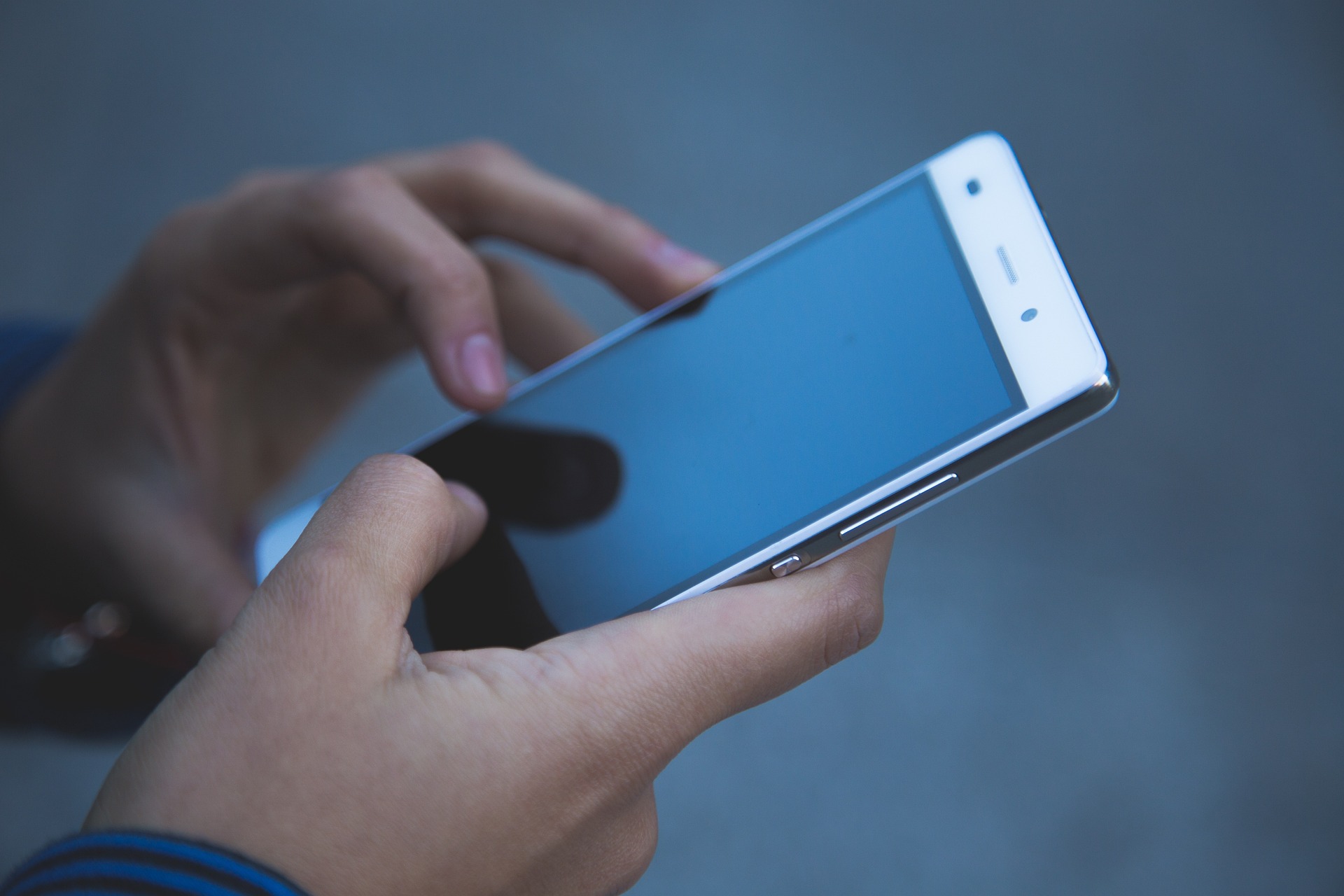
Digital Distraction: How Smartphones and Social Media Rewire Adolescent Cognition and Emotional Development
By Ashley Brickeen | Lower School Admissions Director
Imagine you are in an important meeting when BUZZ. You take a second to peek at your phone—a friend has sent you a text asking about getting together today after work. You quickly switch back to listening to your meeting, but now you’re also thinking about your schedule. What do you have after work today? Can you juggle things so you can get together with your friend? Why does your friend want to see you? You should get back to them. They’ll expect you to respond, especially as they know their message was delivered. You quickly flip open your calendar to check—yes, you can meet up but only if you do so right after work. You tune back into your meeting—wait, are they now talking about your project?
Brain science shows that humans actually can not multi-task. What we can do with varying levels of competency, is switch our focus very quickly between tasks. But with every switch between tasks, there is a brief re-set, where we have to quickly review what we were doing before we switched focus. Adults, with fully mature brains, are generally better at this form of quick switching than teens and children.
Now imagine the above scenario, but it’s not a meeting at work. It’s a classroom and you’re trying to learn chemistry.
Here are two insightful articles that explore the effects of phones and social media on young people:
- “End the Phone-Based Childhood Now” by Dr. Jonathan Haidt, looks at the impacts of social media and phones on adolescents and children. Nationally and internationally, parents and schools are witnessing how phones are reducing student learning, negatively impacting student emotional well-being and in some cases, leading to radicalization and extremist views.
- While I appreciate Dr. Haidt’s work on social media and agree with his argument that it has negatively impacted the mental health of girls in particular, I think he has missed a lot of the negative impact experienced by boys. For some time, researchers have known that white supremacist and other radical groups were using social media to target boys and normalize racist and sexist beliefs. “How White Supremacists Recruit Kids” touches on this issue which I think Dr. Haidt is too quick to discount.
As we navigate the complexities of our digital age, it is crucial for parents, educators, and policymakers to recognize the profound effects that phones and social media can have on young minds. By fostering open conversations about these challenges and implementing thoughtful strategies to mitigate their impact, we can create environments that prioritize learning and emotional well-being. Encouraging students to engage in meaningful face-to-face interactions, setting boundaries around technology use, and promoting critical thinking about online content are essential steps. Together, we can empower our children to thrive in both their academic pursuits and personal lives, ensuring they are equipped to face the world with resilience and clarity.
Other references and more reading on this topic:
- Bender, H. A. “How Social Media Use Affects Adolescent Brain Development.” NewYork-Presbyterian Health Matters, 2024.
- Rubin, T. N., and E. Denkova. “The More, The Merrier? What Happens In Your Brain When You Are Multitasking” Frontiers for Young Minds, 2021.
- Telzer, E. H., et al. “Association of Habitual Checking Behaviors on Social Media With Longitudinal Functional Brain Development.” JAMA Pediatrics, 2023.
- Wilmer, H. H., et al. “Smartphones and Cognition: A Review of Research Exploring the Links between Mobile Technology Habits and Cognitive Functioning” Frontiers in Psychology, 2017.
